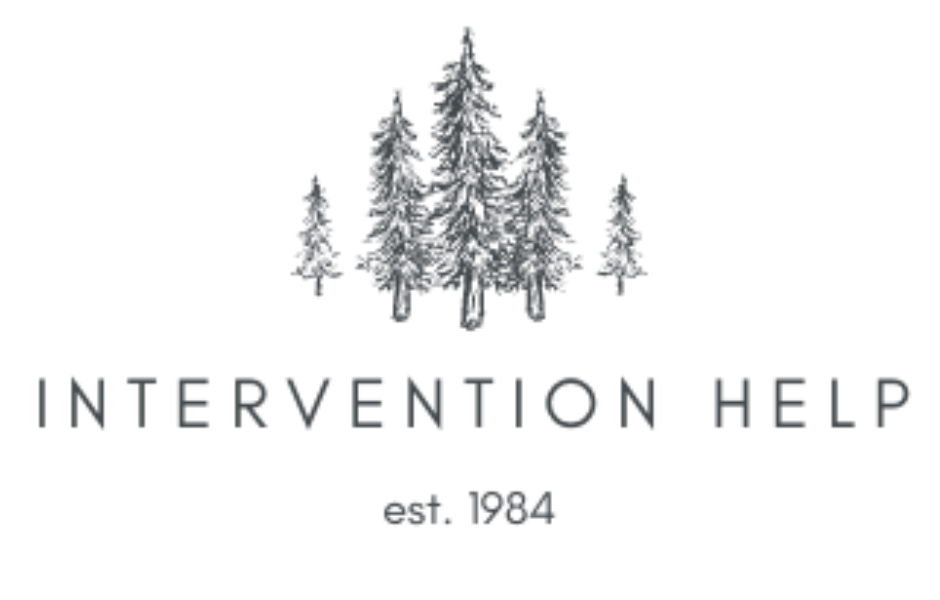Intervention Help: Understanding Crisis Interventions
It all begins with an idea. Maybe you want to launch a business. Maybe you want to turn a hobby into something more. Or maybe you have a creative project to share with the world. Whatever it is, the way you tell your story oThe terms "intervention" and "crisis intervention" are often used interchangeably. However, there are critical distinctions between the two that can significantly impact the approach and outcomes for individuals in need. Stacy Plaisance, owner and lead interventionist at Intervention Help, sheds light on these differences and underscores the importance of tailored responses.
What is an Intervention?
An intervention typically involves a planned process where family and friends come together to confront a loved one about their addiction or mental health issues. This is often done with the guidance of a professional interventionist who facilitates the conversation, aiming to encourage the individual to seek treatment. "Interventions are about organizing a conversation with the person of concern, using collateral resources to help get movement forward," says Plaisance. "It’s a methodical approach that focuses on addressing the underlying issues and persuading the individual to enter treatment voluntarily."
While traditional interventions focus on planned, methodical conversations, crisis interventions demand immediate, decisive action to address life-threatening situations. If a spouse has been drinking and can’t get out of bed, this is an example of a common scenario where a traditional intervention might be appropriate. In such cases, the individual’s behavior has become problematic, but it has not yet escalated to an immediate life-threatening situation.
Defining Crisis Intervention
In contrast, a crisis intervention is necessitated by an immediate, life-threatening situation where swift action is crucial. "Crisis intervention means there is an immediate life-threatening situation," Plaisance explains. "For instance, if CPS was called on a parent, we need to act today."
Crisis interventions are characterized by their urgency and the need for rapid response. This often involves quick coordination of communication and utilizing available resources to stabilize the individual. "Crisis means there are more external consequences happening. It’s about the immediacy of responding and organizing a conversation with the person of concern and using collateral resources to help get movement forward right away," Plaisance notes.
Meeting the Individual Where They Are
A key aspect of crisis intervention at Intervention Help is meeting the individual wherever they are, whether that’s on the streets, at their home, in the hospital, or even via video call in jail. This contrasts with traditional treatment centers that often assess whether an individual fits their program, rather than tailoring their approach to the person’s specific needs.
"Having the resources to know what to do with someone in crisis is crucial," Plaisance emphasizes. This includes arranging hospital psych stays, immediate detox beds, and transportation. "It’s about getting medication resources, medical appointments, and leveraging connections to get people into treatment quickly." Crisis interventions often involve complex cases with frequent ER visits, multiple treatment admissions, or significant medical issues. The ability to navigate these complexities and coordinate care quickly is vital.
"Quick coordination of communication is important in crisis situations," Plaisance says. "These are often complex cases that require immediate and comprehensive action to prevent further harm." Plaisance and her team at Intervention Help are equipped with the expertise and resources to handle both types of interventions, ensuring that individuals receive the care they need, when they need it most.
If you or someone you love needs help, reach out to us today. Whether you’re in crisis or simple need a traditional intervention, we’re here to help.

